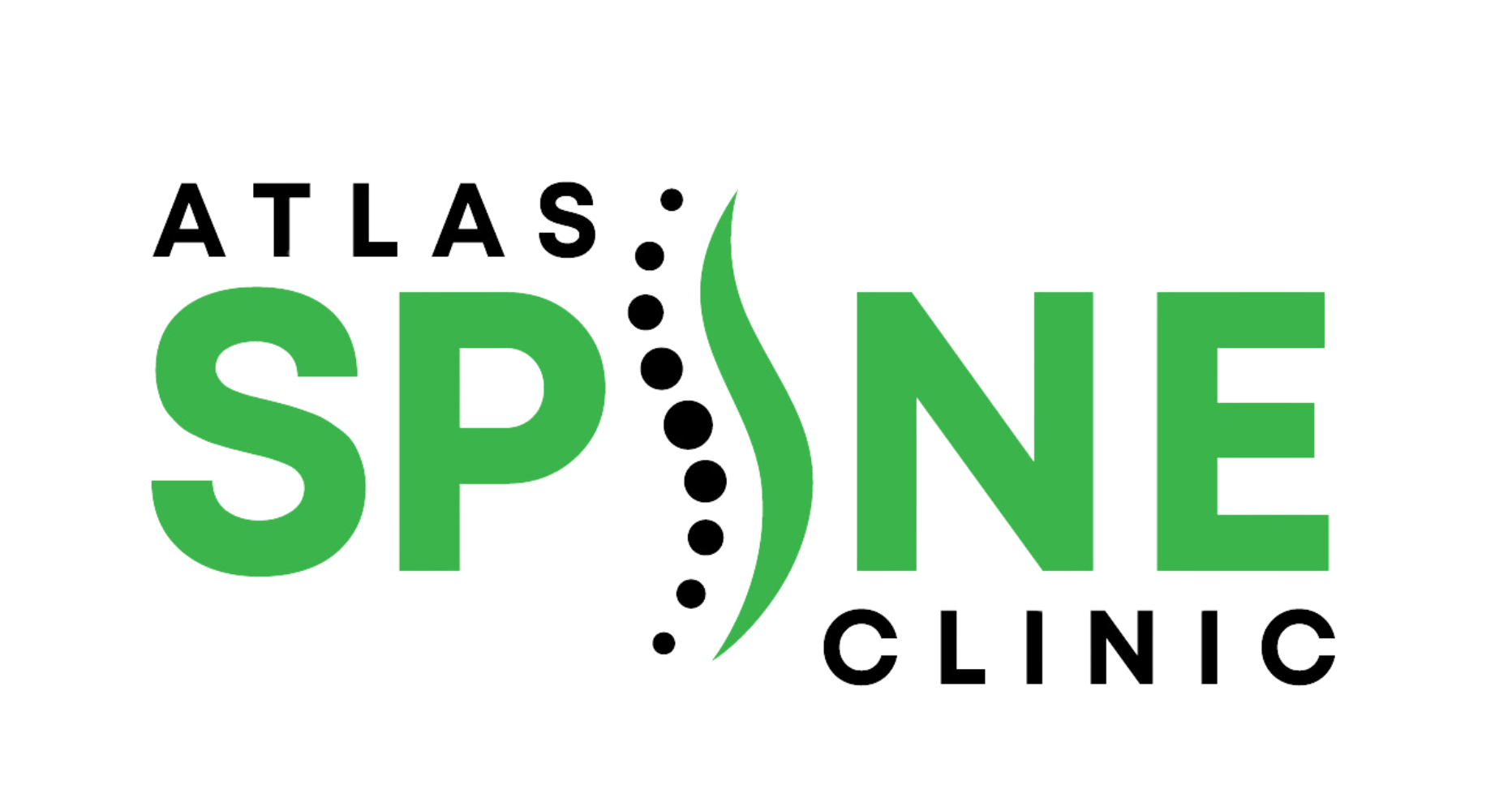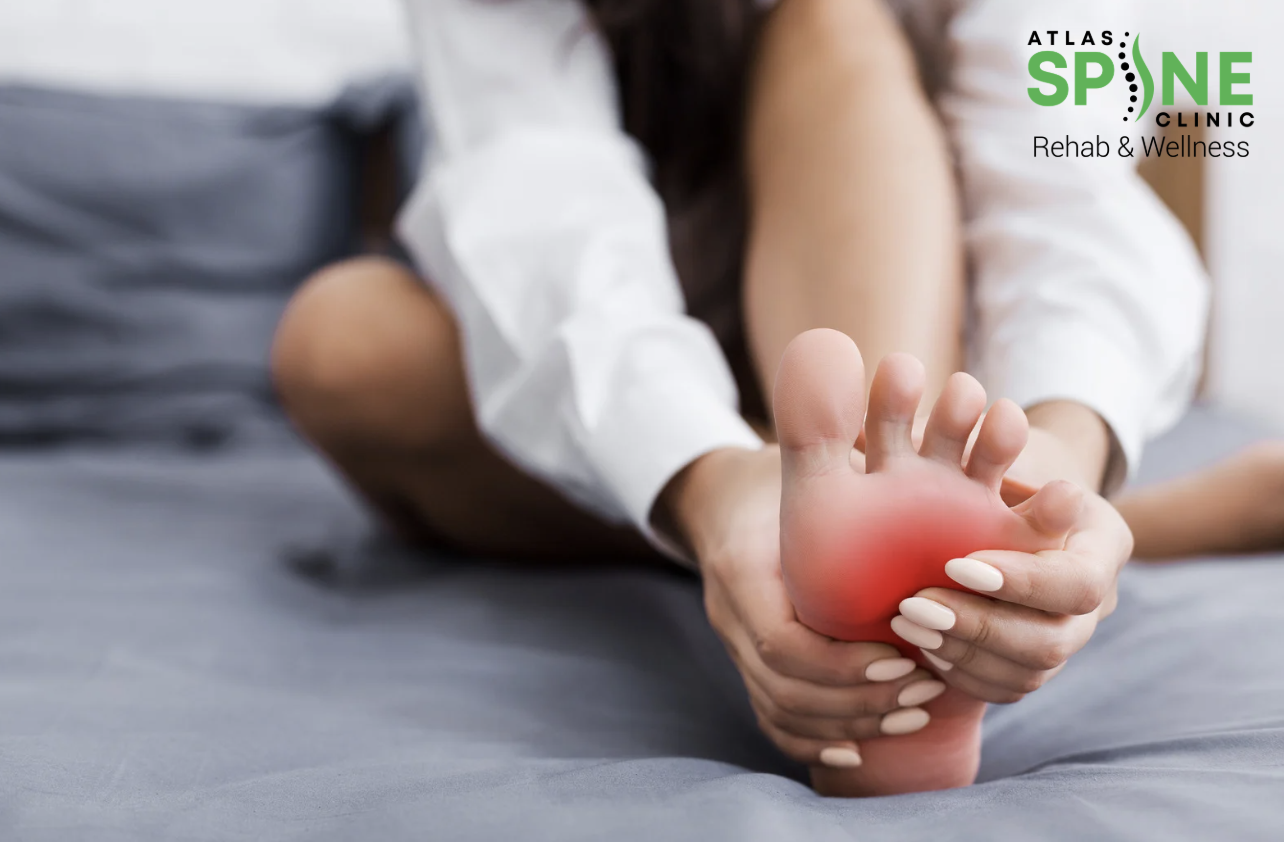Can tiny needles really help you shed extra pounds? If you’ve been struggling with weight loss, you might have heard about acupuncture as a holistic solution. This ancient Chinese therapy has been around for thousands of years, known for its ability to restore balance, reduce stress, and even curb appetite. But does it really work for weight loss?
With modern research exploring acupuncture’s role in metabolism, hormone regulation, and appetite control, many people are turning to it as a complementary weight-loss method. While it’s not a magic fix, acupuncture might help you break through weight loss plateaus and support your journey when combined with a healthy lifestyle.
In this guide, we’ll dive into:
✔️ How acupuncture aids weight loss
✔️ The best acupuncture techniques for shedding pounds
✔️ Scientific research on its effectiveness
✔️ Realistic expectations & common myths
✔️ Practical tips to maximize results
Let’s explore whether acupuncture can truly be a game-changer in your weight loss journey!
Overview of Acupuncture
Acupuncture is a traditional Chinese medicine (TCM) practice that involves inserting ultra-thin needles into specific points on the body. The goal? To restore energy balance (Qi) and promote natural healing. While acupuncture has been widely used for pain relief, stress reduction, and improved circulation, its role in weight loss has recently gained attention.
How Acupuncture Works in Traditional Chinese Medicine (TCM)
According to TCM, our bodies have a network of energy channels called meridians. When these energy pathways become blocked or imbalanced, it can lead to various health issues—including weight gain, slow metabolism, and cravings. Acupuncture stimulates these meridians, promoting the smooth flow of Qi (pronounced “chee”), which can help regulate bodily functions like digestion, stress levels, and fat metabolism.
The Science Behind Acupuncture
From a modern medical perspective, acupuncture works by:
✔️ Stimulating the nervous system, releasing neurotransmitters like serotonin and dopamine, which may reduce stress-related eating.
✔️ Influencing hormone levels, such as leptin (which controls hunger) and insulin (which regulates fat storage).
✔️ Improving blood circulation, ensuring nutrients are effectively delivered to muscles and organs.
✔️ Reducing inflammation, which is often linked to obesity and metabolic disorders, can be supported by treatments like acupuncture for obesity.
Different Types of Acupuncture Used for Weight Loss
Acupuncture isn’t a one-size-fits-all treatment. Depending on a person’s needs, practitioners may use different techniques, including:
- Auricular (Ear) Acupuncture: Tiny needles or acupressure beads are placed on the ear to suppress appetite and reduce cravings.
- Body Acupuncture: Points on the abdomen, legs, and arms are stimulated to boost metabolism and improve digestion.
- Electroacupuncture: A mild electrical current is applied to the needles, which may enhance fat-burning effects.
- Cupping Therapy + Acupuncture: Some clinics combine suction-based cupping with acupuncture to improve circulation and stimulate detoxification.
While acupuncture alone won’t make you lose weight overnight, research suggests it can be an effective complementary tool when paired with a balanced diet, exercise, and stress management.
Principles of Acupuncture for Weight Loss
Acupuncture helps with weight loss by restoring balance in the body, controlling appetite, boosting metabolism, reducing stress, and improving digestion. Here’s how it works:
1. Balancing Energy (Qi) for Better Digestion
Traditional Chinese Medicine believes that Qi (energy flow) must be balanced for good health. When Qi is blocked, it can cause slow digestion and weight gain.
✔️ Acupuncture stimulates digestion, helping the body process food efficiently.
✔️ It targets the stomach, spleen, and liver meridians to improve nutrient absorption and waste removal.
2. Controlling Appetite & Cravings
Acupuncture can help reduce hunger and prevent emotional eating by influencing key hormones.
✔️ Ear acupuncture targets points that control hunger and reduce cravings.
✔️ It balances leptin and ghrelin—hormones that regulate appetite.
✔️ Stimulating nervous system points can increase serotonin and dopamine, making you feel more satisfied with less food.
3. Boosting Metabolism & Fat Burning
A slow metabolism makes weight loss difficult. Acupuncture for weight loss can help by increasing calorie burn and energy use.
✔️ It stimulates the thyroid, which controls metabolism.
✔️ Electroacupuncture (gentle electric pulses) can help burn fat faster.
✔️ Acupuncture improves blood circulation, making the body more efficient at burning calories.
4. Reducing Stress & Emotional Eating
Stress can lead to binge eating and belly fat due to high cortisol levels. Acupuncture helps manage stress naturally.
✔️ It lowers cortisol, reducing the urge to eat when stressed.
✔️ Stimulating pressure points calms the nervous system, helping control emotional eating.
✔️ Many people report feeling more relaxed and in control of cravings after acupuncture.
5. Improving Digestion & Reducing Inflammation
A healthy gut is essential for weight management. Acupuncture helps by:
✔️ Regulating gut bacteria, improving digestion.
✔️ Reducing bloating and inflammation, which can slow down weight loss.
✔️ Helping the body absorb nutrients better, so food is processed more efficiently.
Acupuncture Points for Weight Management
The two main categories of acupuncture points used for weight management are:
1. Ear Acupuncture Points (Auricular Acupuncture)
Ear acupuncture is one of the most popular techniques for weight loss because the ear is connected to the nervous system and digestive organs. Stimulating specific ear points can help control appetite, cravings, and metabolism.
- Hunger Point – Helps reduce appetite and emotional eating.
- Stomach Point – Improves digestion and reduces bloating.
- Shen Men (Spirit Gate) – Lowers stress and anxiety, reducing stress-eating.
- Endocrine Point – Balances hormones that regulate metabolism.
- Mouth Point – Helps control sugar cravings and overeating.
How it works:
✔️ Small acupuncture needles or ear seeds (tiny beads placed on ear points) stimulate these areas.
✔️ Regular stimulation can train the brain to eat less and feel full faster.
2. Body Acupuncture Points
In addition to ear acupuncture, specific body points are targeted to boost metabolism, improve digestion, and balance hormones.
ST36 (Stomach 36) – Leg Point
- Located below the knee, this point helps improve digestion and boost metabolism.
SP6 (Spleen 6) – Inner Leg Point
- Supports digestion, reduces water retention, and helps with hormonal balance.
CV12 (Conception Vessel 12) – Abdominal Point
- Located above the navel, this point helps with digestion and bloating.
LI11 (Large Intestine 11) – Arm Point
- Helps the body detoxify and regulate metabolism.
GV20 (Governing Vessel 20) – Top of Head
- Reduces stress, anxiety, and emotional eating.
How it works:
✔️ Acupuncturists insert fine needles into these points to stimulate digestion, regulate appetite, and promote fat burning.
✔️ Some treatments use electroacupuncture (mild electrical pulses) to enhance weight loss effects.
Scientific Evidence on Acupuncture and Weight Loss
Scientific studies suggest that acupuncture can support weight loss, but it works best when combined with a healthy diet and exercise. Here’s what the research says:
1. Appetite Control
Acupuncture can help reduce hunger and food cravings by balancing hormones like ghrelin (hunger hormone) and leptin (fullness hormone).
✔️ A 2017 study found that ear acupuncture helped participants eat less and feel full faster.
✔️ Another study showed that acupuncture regulated appetite hormones, making it easier to control portions.
2. Metabolism Boost
Acupuncture may help increase energy expenditure and fat burning.
✔️ A 2018 study found that acupuncture improved metabolism in overweight individuals.
✔️ Electroacupuncture (mild electric pulses with acupuncture) showed better fat oxidation and calorie burn.
- Stress Reduction & Emotional Eating
Chronic stress leads to weight gain and cravings due to high cortisol levels. Acupuncture helps by reducing stress and balancing mood hormones.
✔️ A 2020 study found that acupuncture lowered stress levels, helping people reduce emotional eating.
4. Acupuncture vs. Other Weight Loss Methods
✔️ Acupuncture + Diet = More Weight Loss: A 2012 study found that people who combined acupuncture with a low-calorie diet lost more weight than those who only dieted.
✔️ Sustainable results require lifestyle changes: Studies suggest acupuncture helps, but long-term success depends on diet, exercise, and consistency.
Combining Acupuncture with Diet and Exercise
Acupuncture can be a great tool for weight loss, but it works best when combined with healthy eating and regular exercise. Think of acupuncture as a booster, not a replacement for a balanced lifestyle.
- Eating the Right Foods
Acupuncture can help control cravings, but your diet plays the biggest role in weight loss.
✔️ Focus on whole foods – Eat lean proteins, vegetables, healthy fats, and fiber-rich carbs to keep you full.
✔️ Avoid processed foods – Cut back on sugar, refined carbs, and junk food that trigger cravings.
✔️ Stay hydrated – Drinking enough water can improve digestion and prevent overeating.
✔️ Eat mindfully – Acupuncture helps with appetite control, so take your time and listen to your body’s hunger cues.
- Exercising for Faster Results
Acupuncture may boost metabolism, but physical activity helps burn calories and build muscle.
✔️ Cardio workouts – Walking, running, cycling, or swimming help burn fat.
✔️ Strength training – Lifting weights or doing bodyweight exercises boosts metabolism and improves muscle tone.
✔️ Mind-body exercises – Yoga and Tai Chi can reduce stress, making acupuncture even more effective in managing emotional eating.
3. Managing Stress for Better Weight Loss
Chronic stress leads to binge eating and belly fat. Acupuncture helps lower cortisol levels, but adding stress management techniques can maximize results.
✔️ Practice deep breathing to calm your mind.
✔️ Get enough sleep—poor sleep increases hunger hormones.
✔️ Try meditation to reduce stress eating.
Combining Acupuncture with Diet and Exercise
Acupuncture can support weight loss, but it’s most effective when combined with a healthy diet and regular exercise. Think of it as a boost rather than a stand-alone solution.
1. Eating a Balanced Diet
What you eat plays the biggest role in weight loss. Acupuncture may help control cravings and digestion, but your diet needs to support the process.
✔️ Focus on whole foods – Lean proteins, vegetables, healthy fats, and fiber keep you full longer.
✔️ Limit processed foods – Cut down on sugary snacks, refined carbs, and junk food to avoid cravings.
✔️ Stay hydrated – Drinking enough water helps with digestion and prevents unnecessary snacking.
✔️ Mindful eating – Acupuncture can help with appetite control, so eat slowly and listen to your hunger cues.
2. Exercising for Faster Results
Regular movement burns calories, builds muscle, and improves metabolism. Pairing acupuncture with the right workout can enhance results.
✔️ Cardio workouts – Walking, running, cycling, or swimming help burn fat.
✔️ Strength training – Lifting weights builds muscle and boosts metabolism.
✔️ Yoga & Pilates – Low-impact exercises reduce stress and improve flexibility, complementing acupuncture’s effects.
Treatment Protocols
When using acupuncture for weight loss, the frequency and duration of treatments are key factors in achieving the best results. Acupuncture is most effective when it is done regularly and over a sustained period.
1. Frequency of Sessions
The number of acupuncture sessions needed for weight loss can vary based on individual goals, lifestyle, and how your body responds. However, here are general guidelines:
✔️ Initial Phase (1-2 sessions per week) – In the beginning, it’s common to have 1 to 2 sessions per week. This helps the body start adjusting to the acupuncture and boosts metabolism.
✔️ Maintenance Phase (1 session every 2 weeks) – Once your body begins responding, weekly sessions can be reduced to once every 2 weeks. This maintains the effects and supports long-term weight management.
✔️ Long-term Results – For continued weight maintenance, some people find that monthly sessions help keep the body’s balance in check and support ongoing metabolism.
2. Duration of Treatment
Each acupuncture session generally lasts 30 to 60 minutes, depending on the treatment goals and areas being focused on.
✔️ First 4-6 Weeks – Expect to undergo 1-2 sessions per week for about 4 to 6 weeks for optimal results. This period allows acupuncture to influence your appetite, metabolism, and stress levels.
✔️ After the Initial Phase – Once you start noticing results, you can transition to maintenance treatments, which might last 30 minutes to an hour every 2 weeks or once a month.
The Importance of Losing Weight Safely
While everyone wants to lose weight, it’s important to do so in a safe and healthy way. Quick weight loss methods can cause long-term problems, including weight gain after the fast loss. Here’s why it’s essential to approach weight loss cautiously:
1. Health Risks of Rapid Weight Loss
Losing weight too quickly can harm your body, leading to:
✔️ Muscle loss – Rapid weight loss can cause your body to lose muscle, which slows down metabolism.
✔️ Nutrient deficiencies – Extreme diets can deprive your body of vitamins and minerals, affecting energy and health.
✔️ Gallstones – Fast weight loss can increase the risk of gallstones, which are painful and often require surgery.
✔️ Hormonal imbalance – Crash diets can disrupt your hormones, affecting your mood and well-being.
2. Sustainable Weight Loss
For lasting weight loss, focus on gradual changes that promote long-term health:
✔️ Eat a balanced diet – Choose whole foods, lean proteins, and healthy fats.
✔️ Exercise regularly – Include both cardio and strength training for overall fitness.
✔️ Manage stress – Acupuncture helps reduce stress and emotional eating.
✔️ Prioritize sleep – Proper rest helps regulate hunger hormones and prevent overeating.
3. Why Acupuncture Supports Safe Weight Loss
Acupuncture supports gradual weight loss by balancing appetite, improving digestion, and reducing stress. Unlike extreme diets, it helps:
✔️ Prevent muscle loss and nutrient deficiencies.
✔️ Control hunger and emotional eating.
✔️ Balance hormones for long-term weight maintenance.
Qualification of Acupuncture Practitioners
When seeking acupuncture for weight loss, it’s important to choose a qualified and licensed practitioner to ensure a safe and effective treatment. Here’s what you should look for:
1. Licensing and Certification
In many regions, acupuncturists must be licensed to practice legally. This ensures that they have completed the required education and training to provide safe and professional treatments.
✔️ Check for a valid license – Acupuncturists should have a license or certification from a recognized regulatory body in your area.
✔️ National Certification – In some countries, acupuncturists may hold a National Certification Commission for Acupuncture and Oriental Medicine (NCCAOM) certification, indicating they meet high standards.
2. Education and Training
Acupuncture requires extensive training in both traditional Chinese medicine (TCM) and modern medical techniques.
✔️ Degree programs – A qualified acupuncturist typically has a degree in Acupuncture or Traditional Chinese Medicine from an accredited institution, with some specializing in Traditional Chinese Medicine weight loss techniques.
✔️ Clinical experience – Practitioners should have completed clinical hours under supervision to gain hands-on experience.
3. Specialized Knowledge in Weight Loss
Some acupuncturists may specialize in weight loss treatments. It’s helpful to find a practitioner who has experience and training specifically in treating weight loss and metabolism through acupuncture.
✔️ Inquire about their experience – Ask how many weight loss patients they’ve treated and the types of results they’ve achieved.
✔️ Check for continuing education – A good acupuncturist will keep up with the latest techniques and research in acupuncture for weight loss.
4. Safety and Hygiene Practices
Safety is key when it comes to acupuncture. A qualified practitioner should adhere to strict hygiene and safety standards.
✔️ Needle Sterilization – Make sure needles are sterilized and used only once.
✔️ Clean environment – The clinic should maintain a clean, professional environment to prevent infection.
Cost and Accessibility
Acupuncture for weight loss can be an effective treatment, but it’s important to know the cost and accessibility before starting. Here’s a simple breakdown:
1. Cost of Acupuncture for Weight Loss
The price of acupuncture can vary, but here’s a general idea:
✔️ Initial Session – Usually costs between $75 to $150 for the first consultation.
✔️ Follow-up Sessions – Typically range from $50 to $100 per session.
✔️ Packages – Many practitioners offer discounts if you buy a package of sessions.
2. Insurance and Coverage
Some insurance plans may cover acupuncture, so it’s worth checking:
✔️ Health Insurance – Acupuncture might be covered under alternative medicine.
✔️ Flexible Spending Accounts (FSAs) – You can often use FSAs to pay for acupuncture treatments.
3. Accessibility of Acupuncture
Acupuncture is more accessible in some areas than others:
✔️ In Cities – It’s easier to find acupuncture clinics in larger cities.
✔️ In Rural Areas – It may be harder to find a local acupuncturist, but mobile practitioners might be available.
✔️ Virtual Acupuncture – Some practitioners offer remote consultations, but these are less effective than in-person treatments.
Wrapping Up
Acupuncture can be a helpful tool for weight loss by supporting appetite control, boosting metabolism, and reducing stress. While it’s not a quick fix, combining acupuncture with a healthy diet, regular exercise, and stress management can naturally support your weight loss goals.
For the best results, choose a qualified acupuncturist with experience in weight loss and focus on gradual, sustainable changes to your lifestyle. With the right approach, acupuncture can help you achieve lasting weight loss and overall wellness.






